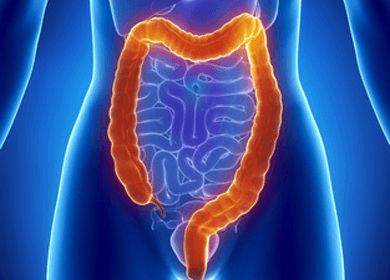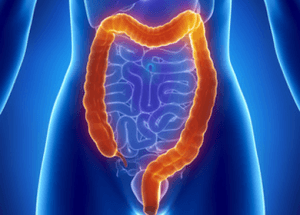
While it may not be the perfect dinner party topic, it is imperative to talk about colon health. New reports just in note that incidences of colon cancer in the under 30-age group have more than doubled in the last decade. The American Cancer Society estimates that by the end of this year over 143,000 new cases of colorectal cancer will be diagnosed.
March is National Colorectal Cancer Awareness Month. To help raise awareness the Prevent Cancer Foundation has erected a 20-foot colon in Times Square. Tours through the colon present a plethora of information pertaining to the different stages of colon cancer, Chron’s disease and colorectal polyps. It is hoped that people who know very little about their colon will come away from the giant colon tour with a more complete understanding of how important colon health really is.
Although seemingly silly, the fact is that many of us do not pay nearly as much attention to our 6-foot long large intestine, also known as our colon. The main job of the colon, located at the end of the digestive tract, is to absorb water, nutrients and partially digested food from the small intestine and form solid wastes for disposal.
Two types of cancer can form in the colon, one in the upper region known as colon cancer and one in the lower region known as rectal cancer. The two together are commonly referred to as colorectal cancer
Colon Sensitivity
Your colon is a highly sensitive and can be easily disrupted by a number of things including diet, and environmental chemicals. If the walls of the colon are damaged, toxins from the waste food can be absorbed into the bloodstream instead of eliminated. Disease promoting bacteria and yeast can also take over an unhealthy colon leading to a number of physical and mental health complications. You will know trouble is brewing when you have extensive gas, constipation, bloating or diarrhea. While the upset may be temporary, it can also be a sign of more serious problems. Colon polyps can develop silently; presenting no symptoms at all and can turn into cancer.
The Scoop on Poop
It is impossible to address colon health without talking about poop. Although it may draw some snickers, there are several key things about poop that are indicative of a healthy colon. If your colon is functioning properly, you will have regular bowel movements that are soft and easy to pass. They will be well formed in the shape of a torpedo. Paying attention to bowel habits is a good habit to get into.
Colon Care
Regular colon screenings are recommended starting around age 50. However, there are a number of other preventative measures that can be taken to keep the colon working at top speed. Recent research has revealed that regular exercise reduces the risk of precancerous colon polyps. Exercise reduces inflammation, lowers insulin levels and  boosts the immune system, all things that are essential to digestive health.
boosts the immune system, all things that are essential to digestive health.
The World Cancer Research Fund suggests that it is best to avoid all processed meat if you are interested in protecting your colon. This means bacon, lunchmeat and sausage. Commercial red meat has also been implicated in polyp formation. One of the best things you can do for your colon is to eat fresh vegetables, especially cruciferous veggies like broccoli, kale, and cauliflower.
If your digestive system is overrun with harmful bacteria, it creates the perfect environment for cancer to thrive. Eating a diet right in fermented foods such as kefir, and yogurt along with taking a high quality probiotic will help keep the ratio of good and bad bacteria at a healthy level. Other preventative measures include making sure that your vitamin D levels are adequate, maintaining a healthy weight, eating at least five servings of fruits and vegetables daily, limit alcohol intake, don’t smoke, drink plenty of water and reduce your consumption or refined grains and sugar. A natural detox, colon cleansing, or colonics are also ways to keep dangerous fecal material from building up on the lining of the colon. If you feel you are having issues with your colon, you should speak to your healthcare practitioner.
-The Alternative Daily

